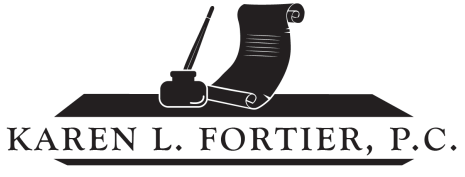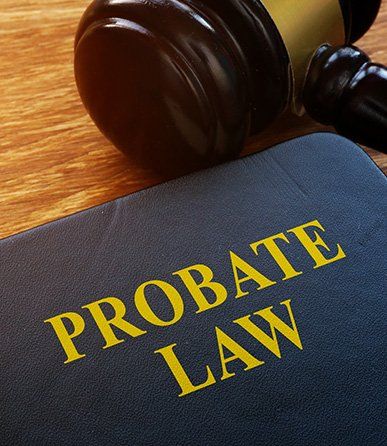Probate
There’s an important distinction between “ probate” and “estate administration.” “Probate” is a division of the Circuit Court Clerk’s office in which Wills are recorded and certain other actions are taken following the death of a loved one. “Probate” also is what should be done with a Last Will and Testament. So, exactly what does that mean?
If you die owning assets that are to pass to people according to the terms of your Will, your named executor probably needs to call the Probate office and talk to the clerk about what should be taken to the courthouse in order for the Will to be recorded (or “probated”). Sometimes all that needs to be done is to record the Will and a List of Heirs. In such a case, the named Executor does not even have to be appointed or take any other action at all. The procedure is called “probate without qualification.”
If the deceased person owned accounts or other assets with beneficiaries designated on them, such assets pass outside of the Will and no Executor is involved.
There should be “probate with qualification” where the decedent had a Will and left assets on which no beneficiaries had been designated. The Executor must take an oath, get sworn in by the Probate Clerk and possibly post a bond (by paying the premium for a type of insurance policy called a “fiduciary bond”). Then the Executor gets to work!
In general, the Executor appointed by the Court will have to file an Inventory. Additionally, annual accountings must be filed to show every transaction that has occurred since the Executor became responsible for the Estate. All transactions must also be proven by supporting documents. Some Executors are overwhelmed by these demands and ask us to organize and prepare the documents for them.
How We Can Help
We’ve been helping Heirs and Executors for many years by providing services such as these:
- Meeting with you before a decision is made about whether the named Executor needs to “qualify” in Court;
- Assisting in the preparation of (or actually preparing) all required Inventories and Accountings;
- Helping the Executor work with the Commissioner of Accounts;
- Guiding you through the probate process from start to finish;
- Advising Heirs of options and remedies when an Executor has failed to perform his duties properly;
- Dealing with family members who interfere with your work or otherwise traffic in unrealistic expectations;
- Ensuring that the claims of surviving spouses and minor children are addressed in a timely fashion;
- Obtaining the aid and guidance of the Court in situations that require judicial advice or intervention.

